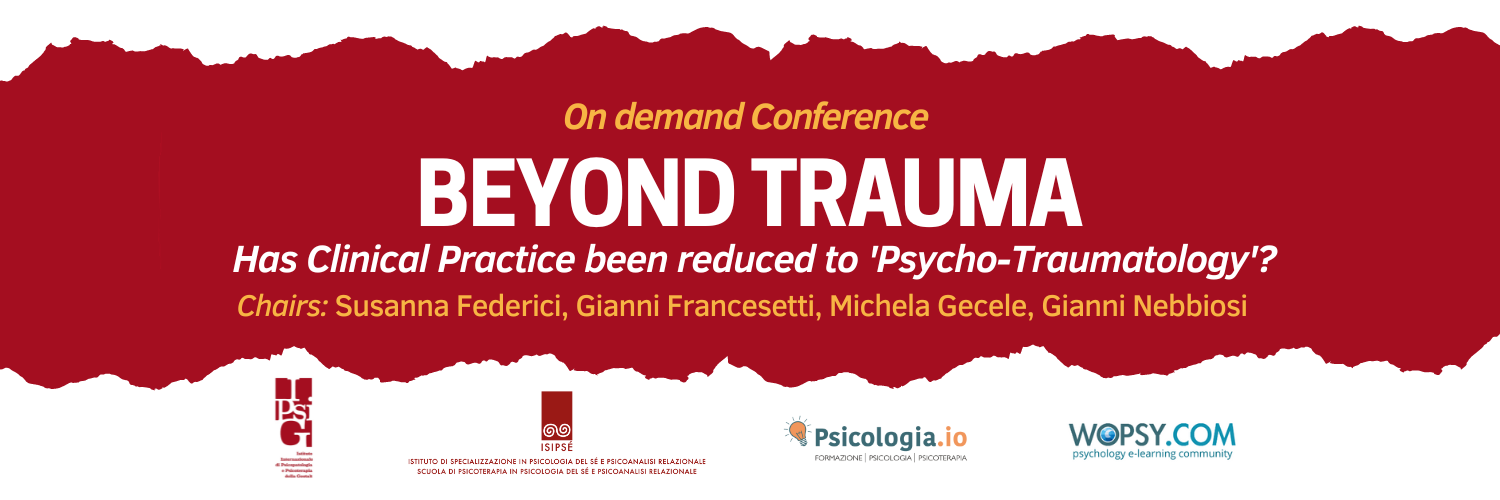
Beyond Trauma
Has Clinical Practice been Reduced to “Psycho-Traumatology”?
International Online Meeting
Chairs: Susanna Federici, Gianni Francesetti, Michela Gecele, Gianni Nebbiosi
THE CONFERENCE IS ACCESSIBLE IN THE FOLLOWING LANGUAGES: ENGLISH, SPANISH, UKRAINIAN, ITALIAN
This conference is the outcome of dialogue and collaboration between two training institutes—IPsiG and ISIPSÉ—that intend to promote engagement and debate between different clinical approaches that, while building on their own specificities, consider it crucial to engage with other approaches that share the same fundamental principles and are thus a source of mutual theoretical-clinical enrichment.
Thinking about trauma in clinical practice seems to be particularly significant today. The relevance of the concept of trauma has shifted widely over the history of psychoanalysis and psychotherapy, from the central importance it held at the origin of the disciplines to then become a secondary construct for a long time. In recent decades, it has returned to the fore, becoming one of the most widely used hermeneutic references both for the understanding of psychopathology and for the conceptualisation of therapeutic processes. Its return to the forefront, however, arguably risks suffocating other visions, approaches, and working methodologies in the clinical sphere, oversimplifying the relationship between the complexity of life and psychic suffering.
The conference will explore the topic from a number of different perspectives—historical, cultural, psychopathological, clinical and considering the findings of recent Infant Research, with contributions from many international researchers and clinical practitioners, including Beatrice Beebe.
Through the conference we will explore various questions raised by this development:
-
What has prompted contemporary clinical thinking to place trauma in such a central position again?
-
Does this centrality derive from a more widespread traumatic condition (social, economic, political, climate, vision of the future) in which the contemporary world has come to find itself, or does it also depend on other underlying cultural and social forces, ways of decoding and defining experience, and visions of the human dimension that help shape the evolution of various psychotherapeutic approaches?
-
What are the advantages and what is the point of this development, considering that it risks becoming 'pan-traumatological'?
-
Are there clinical dimensions, both psychopathological and therapeutic, that the centrality of trauma risks neglecting or obscuring?
-
Can trauma in itself be considered a psychopathological event or does it somehow express the very condition of existence?
-
Is there any risk in considering only the traumatic dimension in clinical practice?
-
Does the traumatic vision tend to divide the world too radically into 'traumatisers' and 'traumatised', unwittingly promoting a dichotomous mindset that is disinclined to see the complexity of what lies in between?
-
What else should clinical practitioners consider besides the trauma history of the clients they work with?

PROGRAM
Part 1
Welcome and opening remarks : Susanna Federici, Gianni Francesetti, Michela Gecele, Gianni Nebbiosi
Trauma in the History of Psychoanalysis and Psychotherapy
Keynote speaker: Paolo Migone
Discussant: Bernd Bocian
Questions & Answers
Trauma in Contemporary Psychoanalysis and Psychotherapy
Keynote speaker: Beatrice Beebe
Discussant: Lynne Jacobs
Questions & Answers
Panel of discussion on the lectures
Paolo Stramba-Badiale
Peter Philippson
Jan Roubal
Part 2
Beyond Trauma: a psychoanalytic perspective
Keynote speakers: Susanna Federici, Gianni Nebbiosi
Monica Botelho Alvim
Questions & Answers
Beyond Trauma: a Phenomenological-Gestalt Perspective
Keynote speakers: Michela Gecele, Gianni Francesetti
Discussant: Carlo Carapellese
Questions & Answers
Panel of discussion on the lectures
Dan Bloom
Maria Tammone
Lika Queiroz
Part 3
Discussion of a Clinical Case
Clinical case presented by Antonino Costanzo
Discussant: Sandra Toribio Caballero
Discussant: Giovanni Salonia
Discussion of a Clinical Case
Clinical case presented by Miek van Dongen
Discussant: Hazel Ipp
Discussant: Michael Vincent Miller
Small groups sharing
Conclusions: Julianne Appel-Opper, Inna Didkovska, Miriam Munoz Polit, Carmen Vazquez Bandin, Susanna Federici, Gianni Francesetti, Michela Gecele, Gianni Nebbiosi
Welcome and opening remarks
Trauma in the History of Psychoanalysis and Psychotherapy
- Keynote speaker: Paolo Migone
- Discussant: Bernd Bocian
- Questions & Answers
Trauma in Contemporary Psychoanalysis and Psychotherapy
- Keynote speaker: Beatrice Beebe
- Discussant: Lynne Jacobs
- Questions & Answers
- Paolo Stramba-Badiale
- Peter Philippson
- Jan Roubal
- Keynote speakers: Susanna Federici, Gianni Nebbiosi
- Discussant: Monica Botelho Alvim
- Questions & Answers
- Keynote speakers: Michela Gecele, Gianni Francesetti
- Discussant: Carlo Carapellese
- Questions & Answers
- Dan Bloom
- Maria Tammone
- Lika Queiroz
- Clinical case presented by Antonino Costanzo
- Discussant: Sandra Toribio Caballero
- Discussant: Giovanni Salonia
- Clinical case presented by Miek van Dongen
- Discussant: Hazel Ipp
- Discussant: Michael Vincent Miller
With Julianne Appel-Opper, Inna Didkovska, Miriam Munoz Polit, Carmen Vazquez Bandin, Susanna Federici, Gianni Francesetti, Michela Gecele, Gianni Nebbiosi


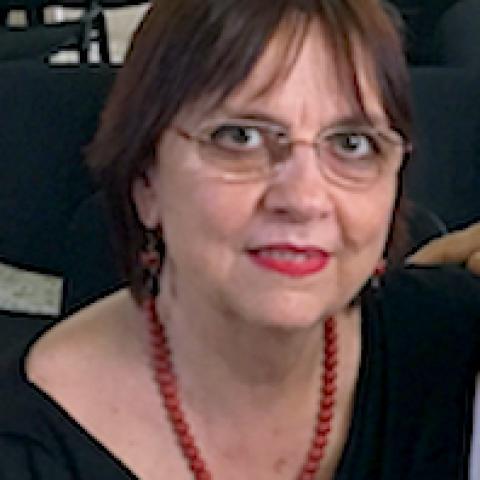

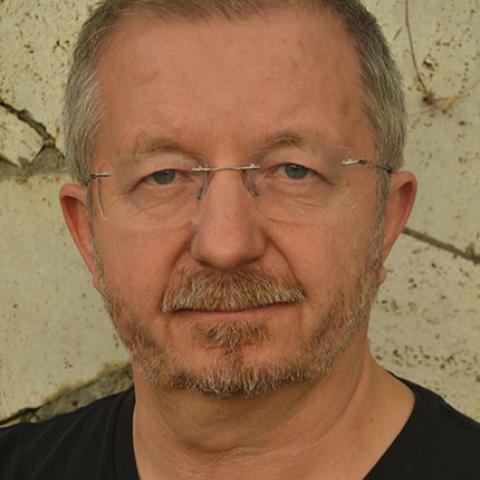



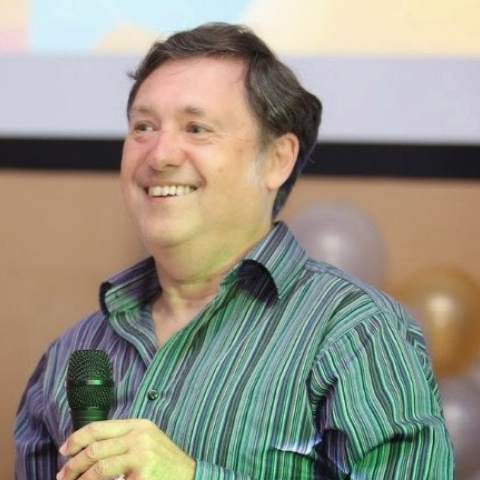

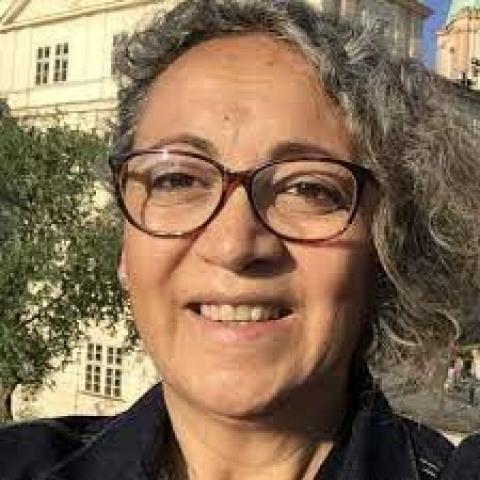


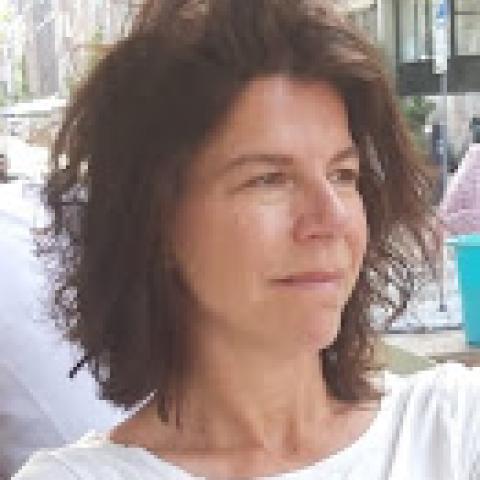
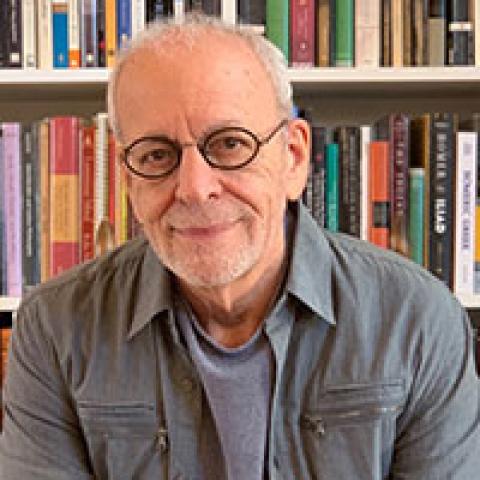
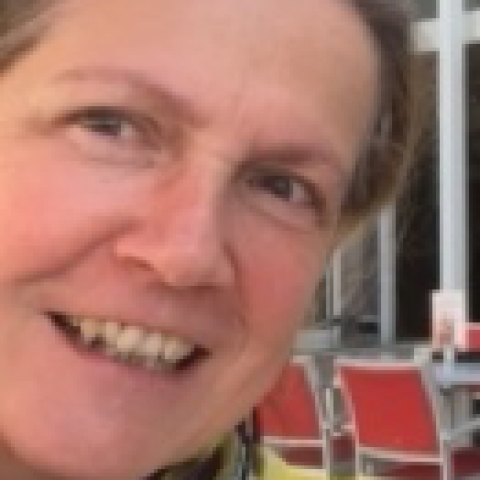
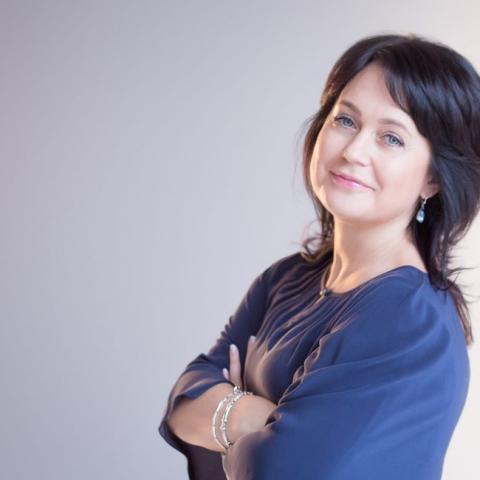
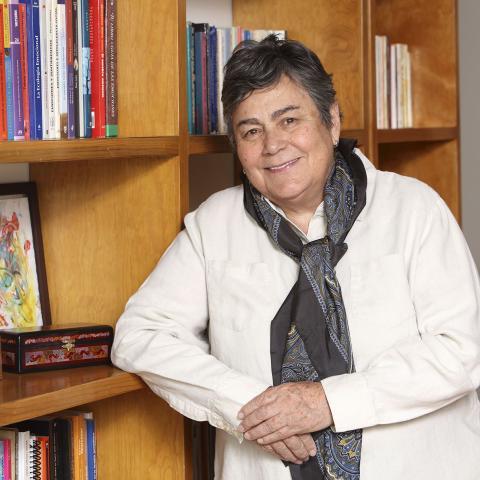
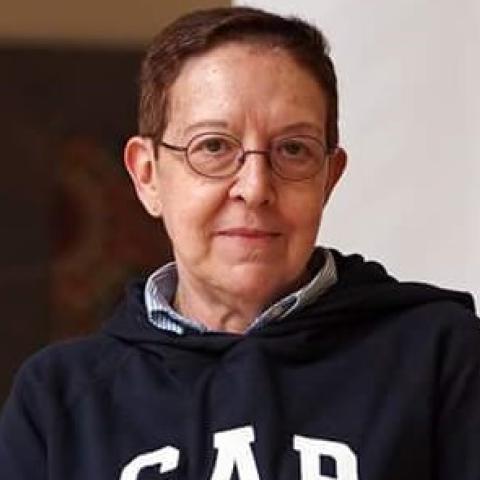
- Recordings available for 12 months from purchase
- All materials are downloadable